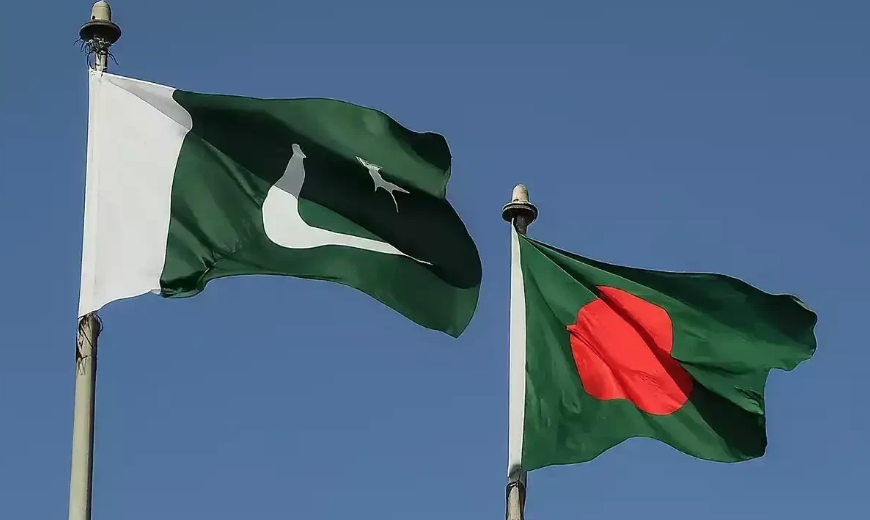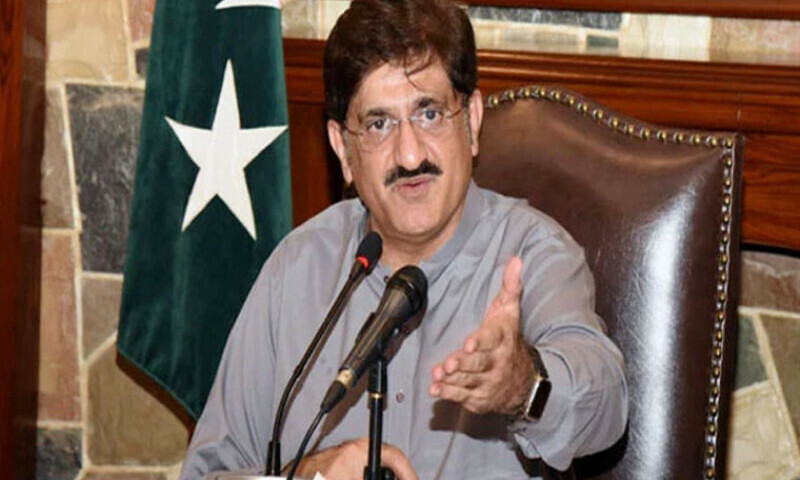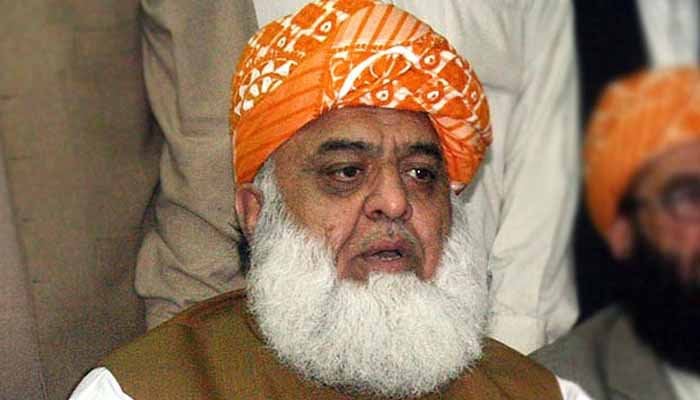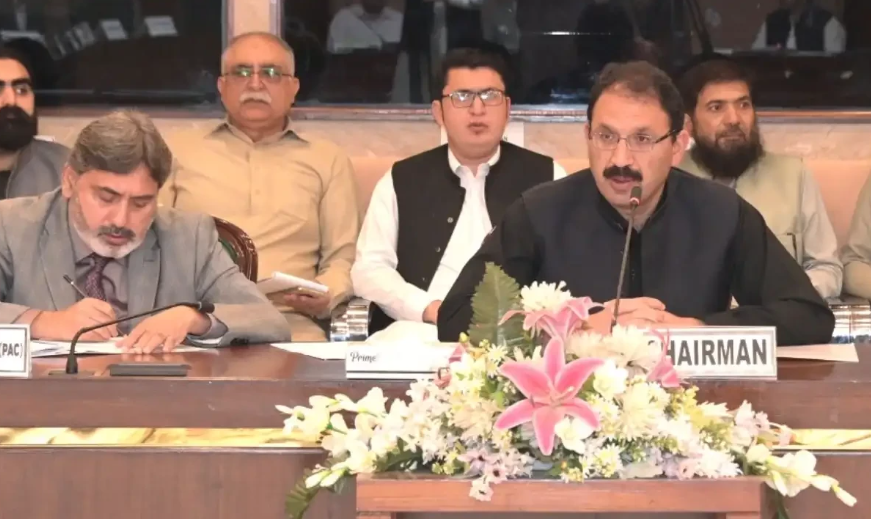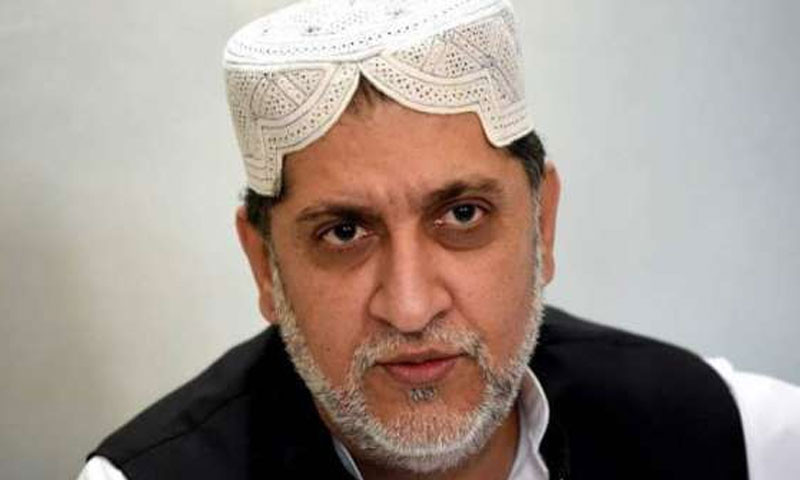POLITICS & POLICY MAKING
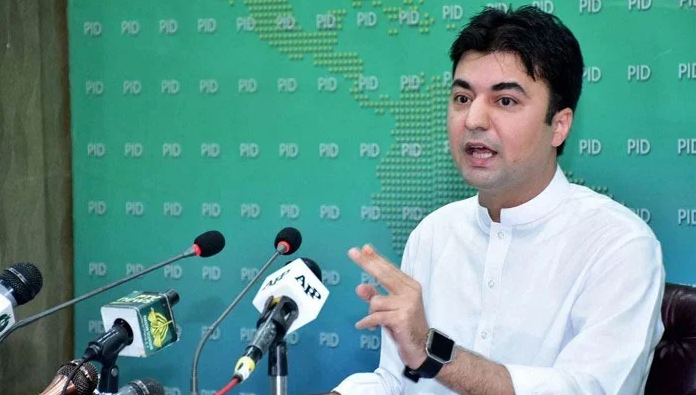
Key members of the Pakistan Tehreek-e-Insaf (PTI) political committee have raised strong objections to the recent unilateral announcement of a protest march in Swat on April 11, made by Murad Saeed, a prominent PTI leader. Sources within the party indicate that the matter is expected to be escalated to Imran Khan, the party’s founding chairman, currently incarcerated in Adiala Jail. His decision will be pivotal in determining whether PTI will embrace a more confrontational stance led by Saeed, or follow a more conciliatory approach urged by moderate leaders.
Senior party figures, including PTI Chairman Barrister Gohar Ali, have expressed serious concerns over Saeed’s decision to proceed with the protest march without prior consultation or approval from the party leadership. The protest comes at a time when PTI is already under significant political and legal pressure, with many party members questioning the effectiveness of such high-risk, high-visibility actions.
Sources familiar with the internal discussions told Dawn.com that during a recent meeting with Pakistani expatriates – including doctors and businessmen based in the United States – Imran Khan was urged to take a step back from the party's aggressive rhetoric. The leaders advising Khan emphasized that aggressive social media campaigns and confrontation-based politics had not yielded tangible political gains, and that negotiations and dialogue should be prioritized instead.
“While there are differences within the party, we cannot ignore the reality of the situation. We need to approach this strategically. Aggressive protests and social media campaigns have only intensified pressure on the jailed leadership,” said a senior party leader who wished to remain anonymous.
Another insider highlighted the growing global pressure on PTI, which continues to emphasize the need for dialogue over confrontation. They noted that, despite some hopes pinned on judicial intervention, PTI’s internal conflict with the establishment would require negotiations for any meaningful resolution. However, they cautioned that such discussions would not succeed if the tone remained hostile.
At the heart of the dispute is the party’s strategy moving forward. While leaders like Barrister Gohar Ali believe that maintaining the party’s image and taking a diplomatic approach would help alleviate tensions, others within the party, including Murad Saeed, continue to push for direct action. The question now is whether Imran Khan will support the hardline approach, or whether he will take the advice of his senior leadership and pivot toward a more negotiation-based strategy.
